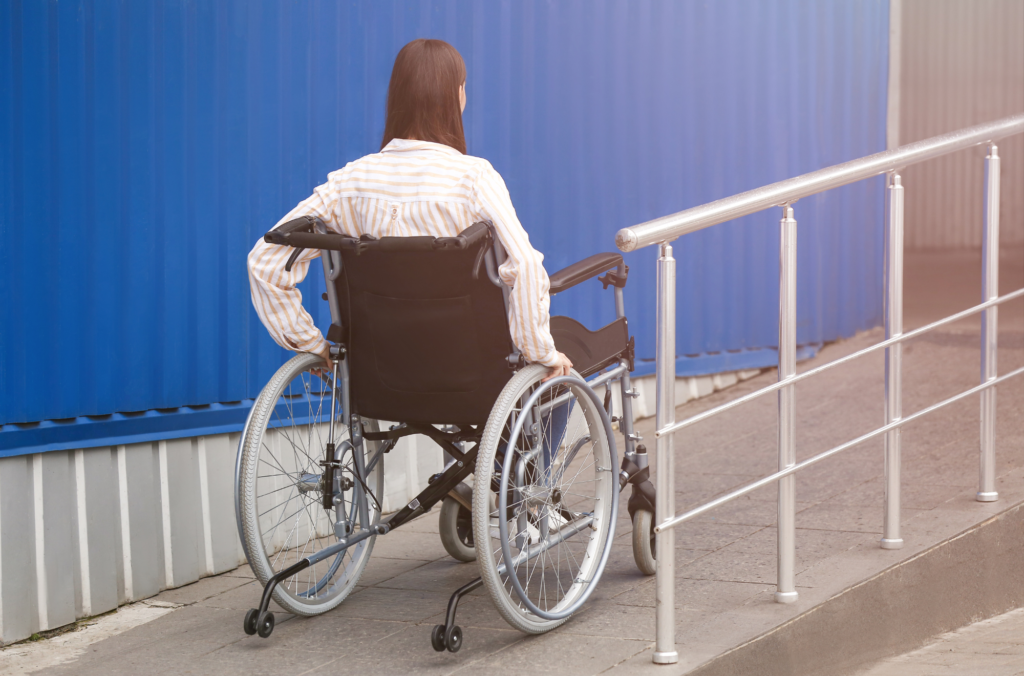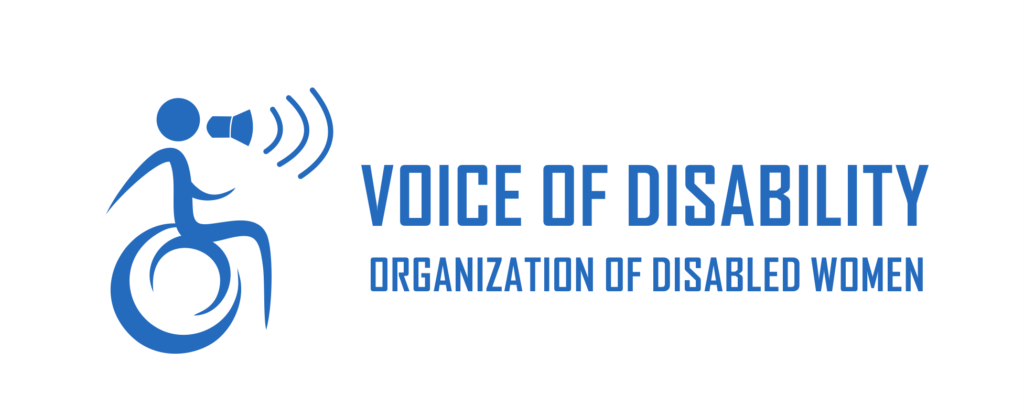Definition Of Disability
Disability is the loss or limitation of opportunities to take part in the normal life of the community on an equal level with others due to physical and social barriers
(Disabled People’s International. 1994)
In plain language, a disabled person is one who has either a physical, sensory or mental impairment. An impairment is an injury to a body part and can be caused by accident, illness or at birth/congenital. Whether or not the person with an impairment is deemed disabled depends on the environment in which the person finds him/herself.
For example, a person with a physical impairment in a completely accessible environment is not deemed disabled.
However, a person without any impairment, with 2 babies in prams in an inaccessible environment can be deemed disabled.
Defining disability in this way places the emphasis on the environment as opposed to the impairment. It therefore becomes a societal problem and not that of the person with the impairment alone.
If we consider disability in this manner then it is clear to see that the disabling factors can be removed while the impairment may not be able to be fixed (cured). To remove the disabling factors we provide Reasonable Accommodation through the application of Universal Design principles.


